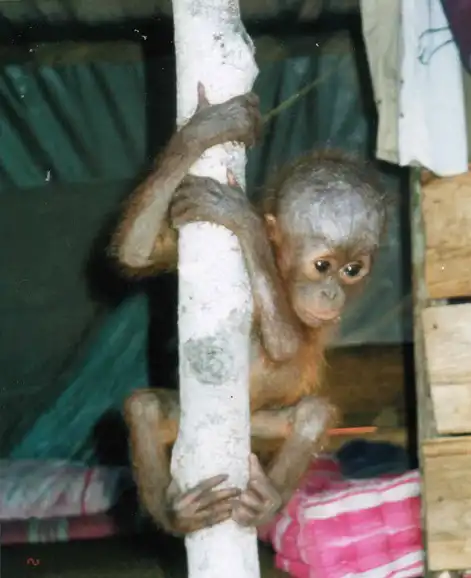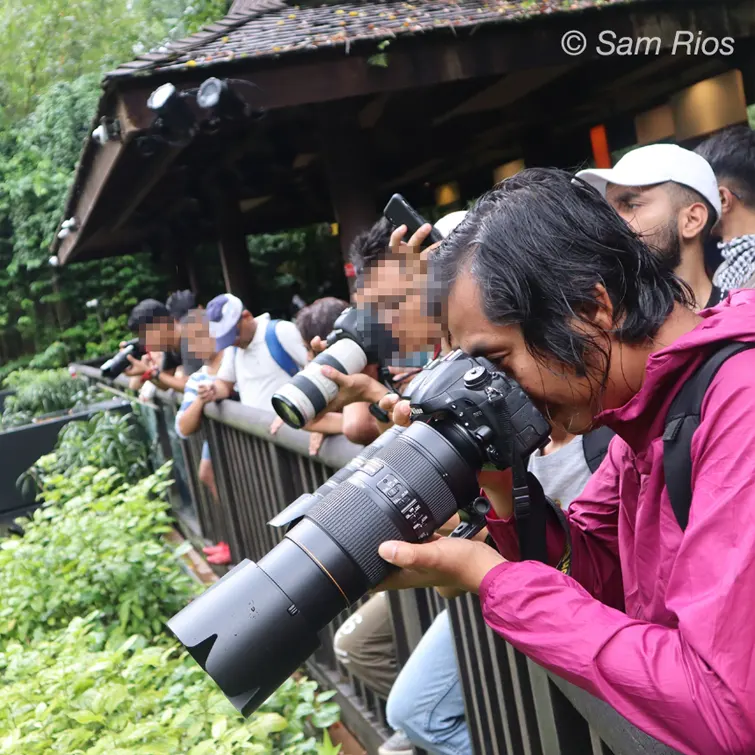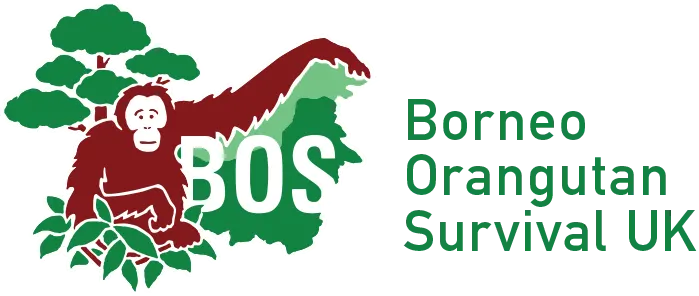ILLEGAL WILDLIFE TRADE AND POACHING
$23 Billion USD
6 Million+
outbreaks and pandemics.
While national laws and international conventions protect orangutans, authorities rarely prosecute, and penalties are mild. Sadly, it is thought that as many as four out of five animals captured and transported through illegal trade will die either in transit or within a year of captivity.
Support organisations like BOS, that protect and reforest habitats, so orangutans are not forced out of their natural homes and have to forage dangerously close to human settlements.
Wildlife pets

A baby orangutan kept illegally as a pet
Like all great apes, orangutans have slow life histories and, for the first few years of their lives, are docile, sweet and gentle. However, at around five years of age, an orangutan already has the strength of an adult human male and, by maturity, will be as strong as five to seven adult human males, with an unpredictable and possibly aggressive nature that makes them unsuitable as pets. At this stage, many pet orangutans are killed or kept in confinement.
The latter also applies to entertainment facilities, where orangutans are forced to perform in irresponsible show acts. The wildlife tourism industry is a global, multi-billion-dollar industry – profits that only come with indescribable cruelties. In addition, easier access and encroachment of people into orangutan forests also leads to the increased hunting of orangutans for meat, skulls and other body parts, which find their way into medicinal products or become tourist souvenirs.
How is Borneo Orangutan Survival helping?
As part of BOS’s commitment to saving these critically endangered great apes, we invest heavily in educating local communities, helping them to coexist peacefully alongside wild orangutans.
The illegal wildlife trade has also been linked to zoonotic outbreaks and pandemics. Millions of human lives have been lost already, with over six million and counting through the current pandemic alone.
If you want to help us stop suffering, please:

Inform your family, friends, and colleagues of the issue, and have them sign our Wildlife Trade Pledge.

